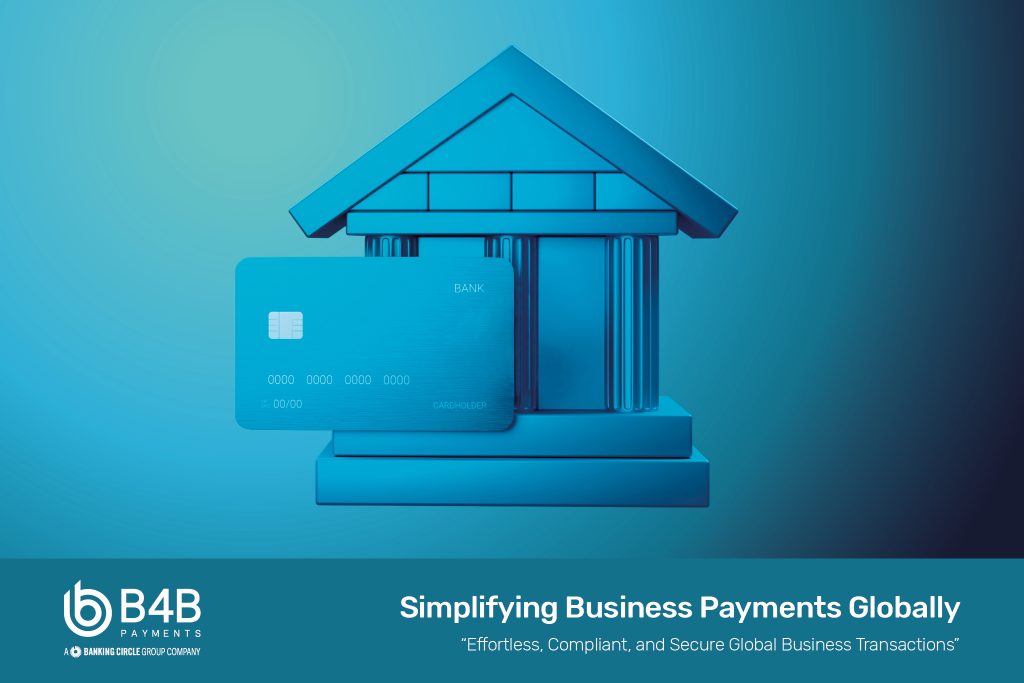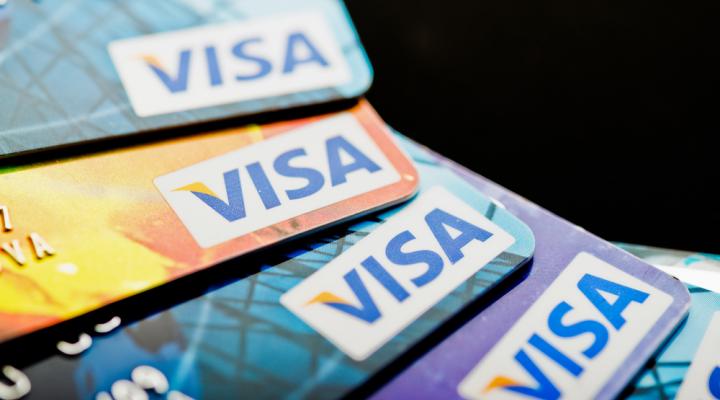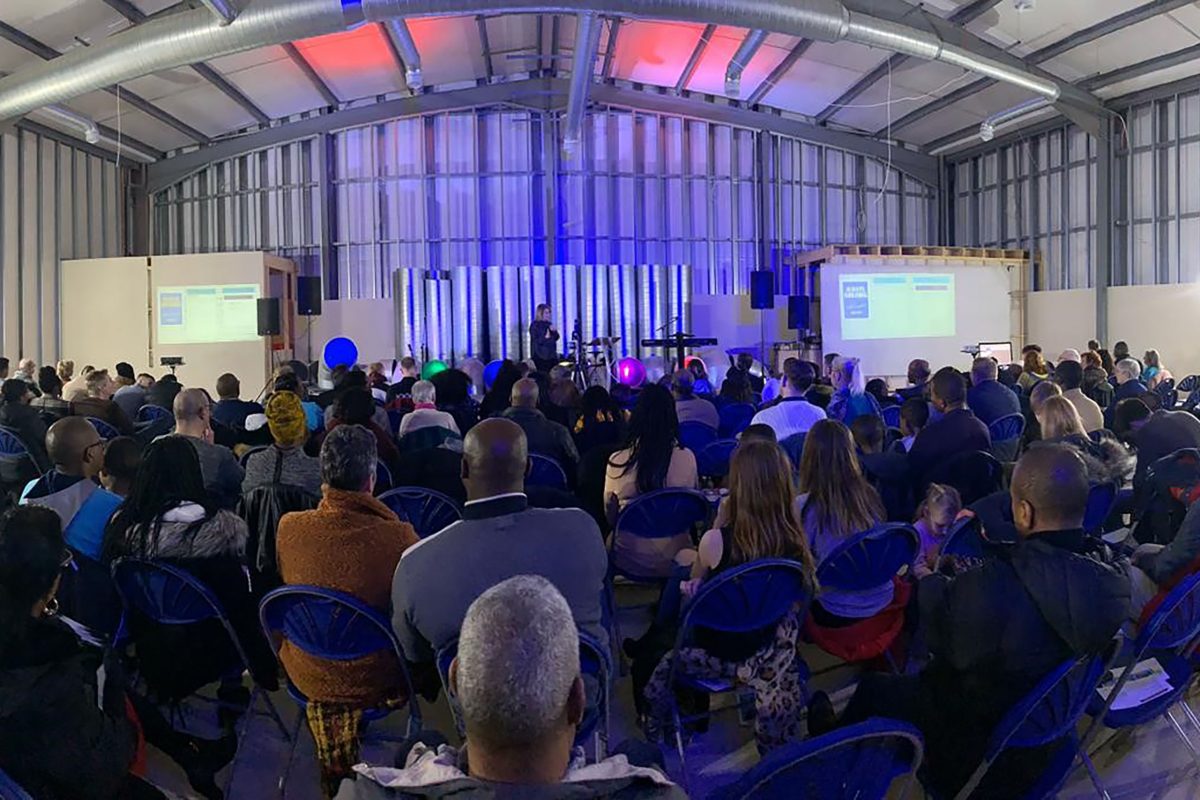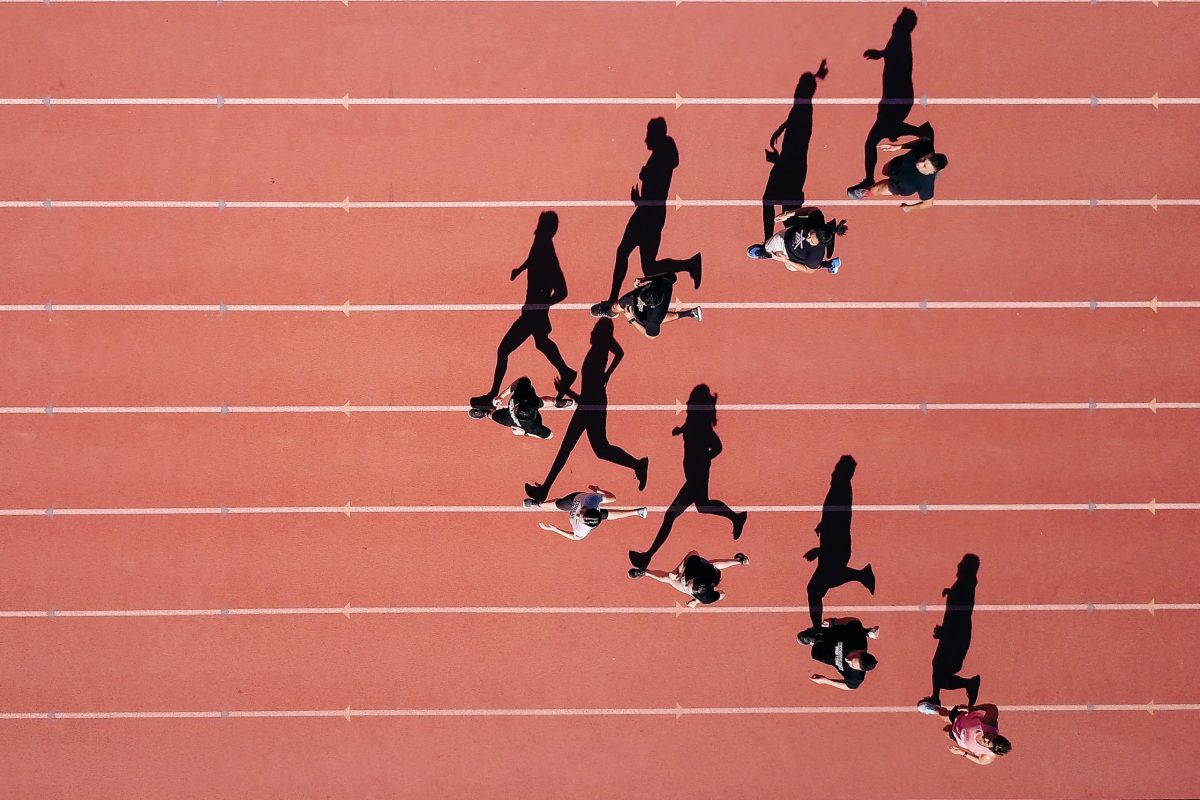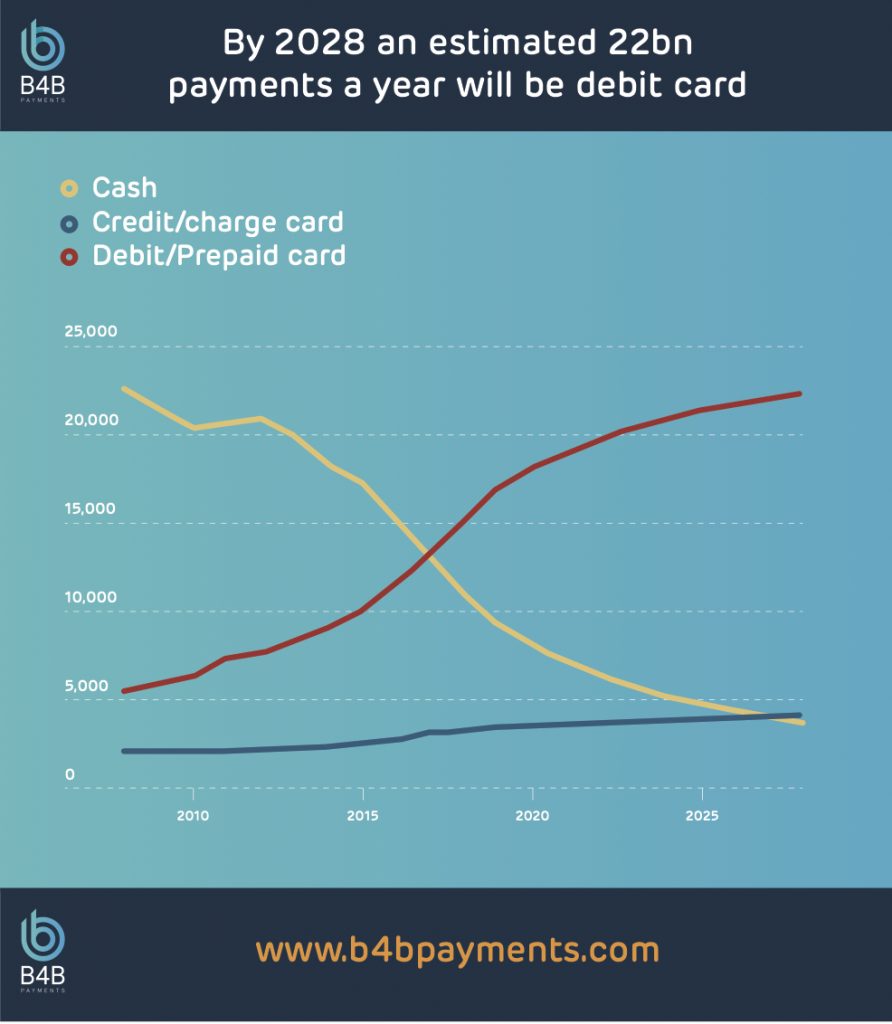Beyond Payment Solutions
ICP Transaction Solutions GmbH, a prominent player in electronic transaction solutions in Europe, specialising in the prepaid, lifestyle, and loyalty sectors, has evolved into an internationally recognised company since its founding in 2000. With a transaction volume exceeding €1 billion, ICP serves various industries and is a founding member of the German Prepaid Association. ICP is a company of Digital Reload Holding GmbH and operates under the umbrella brand Digital Reload.
Partnering with B4B to support Tax-Free Benefits for employees
In 2019, recognising the potential of offering regional benefit cards/employee cards, ICP sought the expertise of B4B Payments. Lacking financial institution licenses, ICP collaborated with B4B to introduce personalised and geographically limited payout cards. B4B Payments guided ICP through compliance checks, set up accounts and clients in the portal, and managed the card ordering and shipping process. The partnership extended to top-notch customer service and effective partner management, allowing ICP to offer tax-free non-cash benefits to employees through branded payout cards.
The Innovation: Quick Response to Client Requests:
B4B’s diverse card types with customised designs cater to ICP’s clients’ needs. For example, one of ICP’s clients wanted the card to be eligible for a specific region in Germany to boost the local market. The B4B team developed bespoke postcode restrictions to fulfil this client’s particular request. ICP also successfully implemented a German portal via API mirroring B4B’s, further enhancing their value proposition and branding capabilities with clients.
Future Goals and Collaboration:
B4B successfully onboarded a new client in Bavaria with 3000 employee cards this year. Building on this, ICP plans to diversify its card offering, attract more clients, and use B4B’s expertise in different sectors to expand the partnership in Germany.
Alexandra Ruth, the Key Account Manager from ICP, says, “ICP highly recommends B4B Payments and acknowledges their professionalism, reliability, and product flexibility while maintaining high-security standards. We’re very happy with B4B’s account management support in helping us build the partnership, especially Tim and Zvez.”
In Summary:
The collaboration between ICP and B4B Payments has not only addressed a critical business need but has also paved the way for innovative employee benefit solutions, offering tax-free non-cash benefits seamlessly. This partnership proves to be a cornerstone for ICP’s growth and success in the electronic transaction landscape, highlighting the transformative impact of B4B’s payment solutions.
“I’m excited to be working with ICP,” says Tim Robson, B4B Account Director. “Their growth plans mirror our own; we both want to grow in the German market, and I look forward to expanding this collaboration across different sectors.”







